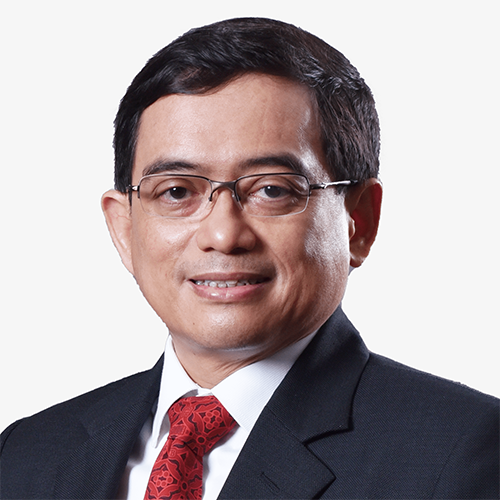The package of sustainability disclosure rules announced by the Monetary Authority of Singapore (MAS) on July 28 2022 may be ambitious, but if implemented successfully, it could put the city-state far ahead of other Asian markets and at par with those in Europe in terms of sustainability regulations.
What makes the package of disclosure rules ambitious is that it covers all sectors of the financial market, including listed companies, banks and environmental, social and governance (ESG) retail funds. It also sets deadlines and provides specific disclosure requirements for each sector.
As well, the rules are being implemented in cooperation with the Singapore Exchange (SGX), which Ravi Menon, MAS’ managing director, says will doubly strengthen the comparability and reliability of sustainability-related disclosures for listed companies, banks and retail ESG funds.
The disclosure requirements are actually intended to strengthen the financial sector’s resilience to environmental risks that are necessary to address the growing threat of climate change in the wake of the slowing of the process intended to mitigate it.
“In a nutshell, the threat of climate change has grown, but progress in mitigating it has been slow,” Menon states. “The already tepid transition towards net zero has been thrown off course by the war in Ukraine. In the short term, the imperative facing some major economies to cut dependence on Russian gas could see them turn to readily available fossil fuel alternatives, including coal. Global greenhouse gas emissions are continuing to rise, not fall. Global temperatures have already risen by 1.1 degrees Celsius above pre-industrial levels.”
Under the new disclosure requirements, listed companies will be required to disclose their climate-related risks, based on the Task Force on Climate-Related Financial Disclosure (TCFD) recommendations, from 2023 onwards. Listed entities from the financial services, energy, agriculture, food and forest products industries will be scoped-in first.
By 2025, more than 60% of SGX-listed entities by number and 78% by total market capitalization are expected to be covered.
“These steps will be important in preparing issuers for eventually reporting against the ISSB [International Sustainability Standards Board] standard, which is expected to be finalized by the end of this year,” Menon points out.
Mandatory climate-related disclosures for major financial institutions will kick in later but reference the ISSB standard.
Currently, MAS expects all financial institutions to make climate-related disclosures from June 2022 onwards, in accordance with international reporting frameworks, such as the TCFD recommendations.
For mandatory reporting, the MAS has judged that, rather than adopt the TCFD recommendations and then move to the ISSB standard, a seamless move directly to the ISSB standard would be more efficient.
“We will consult on the disclosure requirements for financial institutions as soon as the ISSB standard is finalized,” Menon notes.
The MAS, he also says, is putting out disclosure and reporting guidelines for retail ESG funds. Under the guidelines, funds sold to retail investors in Singapore under an ESG label will now have to provide relevant information to better substantiate it. Some of the required information includes details on the fund’s investment strategy, the criteria and metrics used to select investments, and the risks and limitations associated with its strategy.
The MAS will require disclosures to be made on an ongoing basis and investors must receive annual updates on how well the fund has achieved its ESG goals.
The new guidelines, which take effect from January 2023, will help reduce greenwashing risks and enable retail investors to better understand the ESG funds in which they invest.
The authority is also planning to engage financial institutions on their transition plans towards net-zero or other relevant emission targets.
As well, it has launched the second MAS Sustainability Report 2021/2022, which Menon points out, is one of the few central bank reports in the world aligned with the TCFD recommendations.
“We hope it will set the tone as internationally consistent sustainability disclosures become mandatory for financial institutions and listed companies in Singapore over the next couple of years,” he adds. “The MAS will align future reports with new international standards, including that of the ISSB.”









